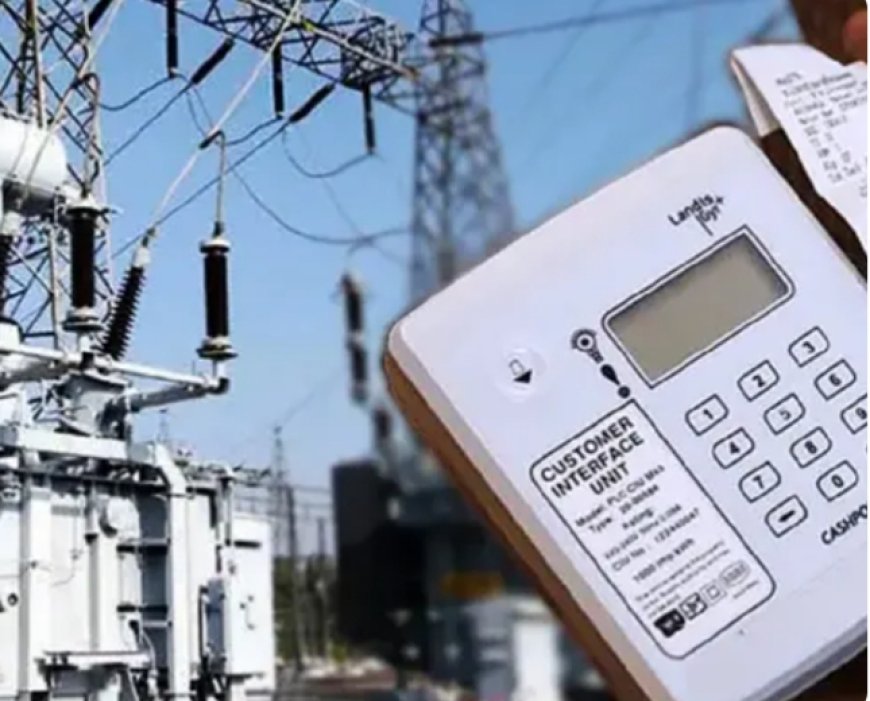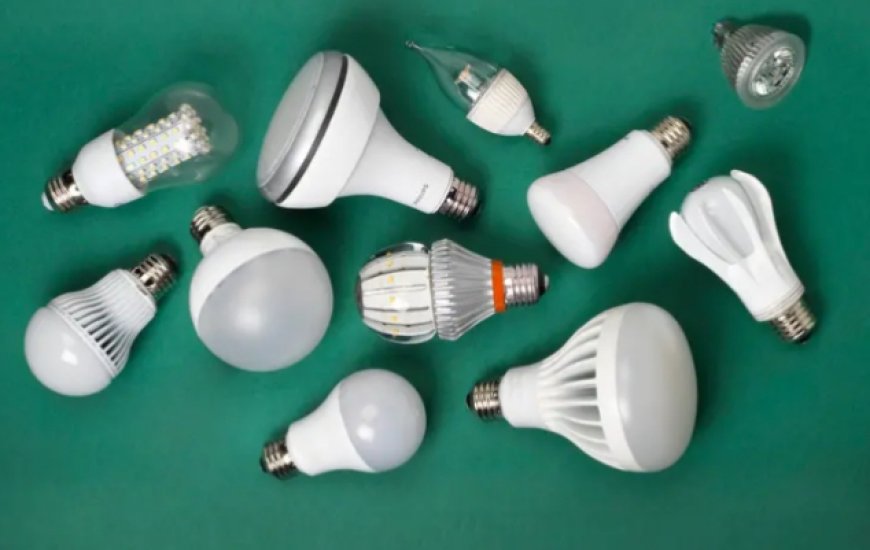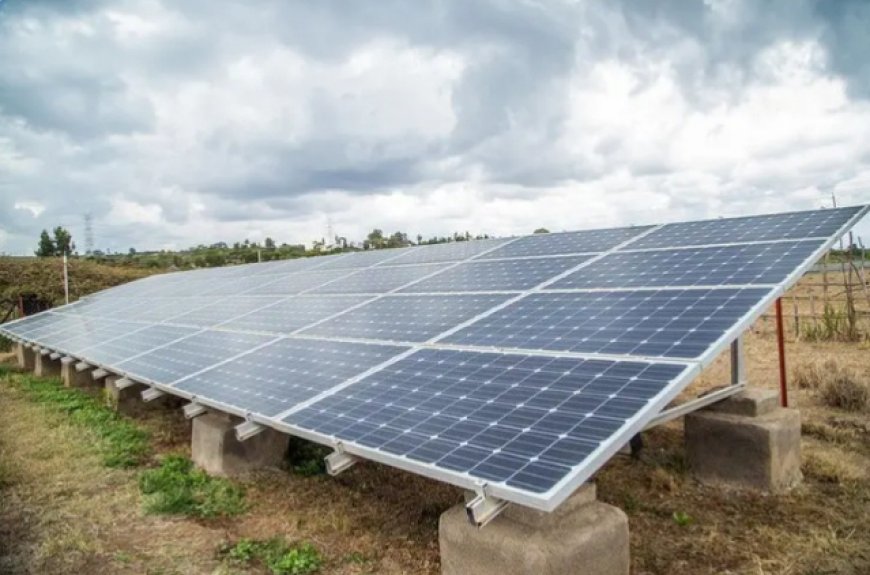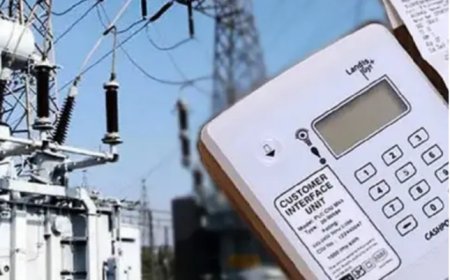ways to save money on your electricity bill in Nigeria

Electricity costs in Nigeria continue to rise, and many households and businesses struggle with high energy bills. Whether you're using prepaid or postpaid electricity meters, finding ways to cut down on power consumption can lead to significant savings. This article will explore three practical and effective strategies to reduce your electricity bill in Nigeria: using energy-efficient appliances, optimizing power usage habits, and investing in renewable energy sources.
1. Use Energy-Efficient Appliances
Many Nigerian homes rely on energy-intensive appliances like refrigerators, air conditioners, fans, water heaters, and televisions. Older or inefficient models of these appliances consume more electricity, leading to higher bills. By switching to energy-efficient alternatives, you can drastically cut down on energy consumption and save money.
How to Identify Energy-Efficient Appliances
Look for Energy Star Ratings: Appliances with high energy ratings consume less electricity. Many modern refrigerators, air conditioners, and televisions come with energy labels that show their efficiency.
Choose LED Bulbs Over Incandescent Bulbs: LED bulbs use up to 75% less energy and last longer than traditional incandescent bulbs. Replacing all the bulbs in your house with LED alternatives will result in noticeable savings.

Use Inverter Technology: Inverter air conditioners and refrigerators adjust their energy consumption based on usage, which significantly reduces power consumption. Although they cost more upfront, they save a lot on electricity bills in the long run.

Unplug Devices When Not in Use: Many appliances continue to draw power when plugged in, even if they are turned off. Unplug chargers, televisions, and other electronics when they are not in use to prevent "phantom loads."

Examples of Energy-Efficient Appliances
Air Conditioners: Inverter ACs use 30-50% less electricity than non-inverter models.
Refrigerators: Newer models with smart cooling systems consume less power than older models.
Televisions: LED TVs consume less power compared to plasma and CRT TVs.
Fans: DC (direct current) fans use less power than traditional AC fans.
By replacing old, high-energy-consuming devices with energy-efficient alternatives, you can reduce your electricity bill without sacrificing comfort.
2. Optimize Power Usage Habits
Many Nigerians unknowingly waste electricity due to inefficient usage habits. Developing good energy-saving practices can help reduce your electricity bill without needing expensive upgrades.
Practical Energy-Saving Habits
Use Power Strips: Plug multiple devices into a power strip and switch it off when not in use. This prevents devices from consuming electricity when they are on standby mode.
Turn Off Lights When Leaving a Room: This simple habit can save a lot of electricity over time. Encourage everyone in your household to follow this practice.
Use Natural Light During the Day: Instead of turning on electric bulbs, open curtains and windows to take advantage of natural daylight.
Limit Air Conditioner Use: Set your AC temperature between 24°C and 26°C for efficient cooling. Running an AC at a very low temperature consumes more electricity.
Use a Fan Before Turning on an AC: Ceiling and standing fans use far less power than air conditioners. If the weather is not extremely hot, a fan may be sufficient.
Time Your Power Usage: In some areas with prepaid meters, electricity rates vary depending on peak and off-peak hours. Use high-power-consuming devices like irons and washing machines during off-peak hours if possible.
Adjust Refrigerator Settings: Set your refrigerator temperature between 3°C and 5°C and your freezer between -15°C and -18°C for optimal energy efficiency. Also, ensure the fridge door is properly closed to prevent energy loss.
Cook with Gas Instead of Electric Stoves: If you use an electric stove, consider switching to a gas cooker. Gas is more cost-effective than electricity for cooking in Nigeria.
Using Smart Technology to Reduce Electricity Waste
Smart Plugs and Timers: These devices allow you to schedule when your appliances turn on and off, preventing unnecessary energy consumption.
Motion Sensor Lights: These automatically turn off when no one is in the room, reducing unnecessary lighting costs.
Smart Meters: If available, use prepaid smart meters to monitor and control your energy usage in real-time.
By optimizing power usage habits, you can significantly reduce unnecessary electricity consumption, which leads to lower bills.
3. Invest in Renewable Energy Sources
Nigeria’s unstable power supply forces many households and businesses to rely on generators, which are expensive to run due to rising fuel costs. Investing in renewable energy, such as solar power, can reduce your electricity costs and provide a more reliable source of energy.
Why Choose Solar Power?
Saves Money in the Long Run: While the initial cost of setting up a solar power system may seem high, it eliminates or significantly reduces monthly electricity bills over time.
Reliable Power Supply: With frequent power outages from the national grid, having a solar system ensures uninterrupted power for essential appliances.
Low Maintenance Costs: Solar panels require minimal maintenance and have a long lifespan, making them a good investment.
Eco-Friendly: Solar energy is renewable and does not produce harmful emissions like diesel or petrol generators.
Types of Solar Power Systems
1. Solar Generators: These portable power stations store energy from solar panels and can power small appliances, fans, and lights.
2. Solar Home Systems: These include solar panels, inverters, and batteries to provide electricity for an entire home.
3. Hybrid Solar Systems: These combine solar panels with grid electricity or a generator, ensuring a continuous power supply.
How to Get Started with Solar Energy
Start Small: If you’re on a budget, begin with solar-powered bulbs, fans, or chargers.
Consult a Solar Expert: Before installing a full solar system, seek professional advice to determine the right capacity for your home.
Consider Solar Pay-As-You-Go Plans: Some companies in Nigeria offer flexible payment plans for solar home systems, making it easier to afford.
By gradually transitioning to solar energy, you can reduce your dependence on the national grid and cut down on electricity costs.
Final Thoughts
Electricity costs in Nigeria continue to be a major concern, but with the right strategies, you can significantly lower your energy bills. Using energy-efficient appliances, developing good power usage habits, and investing in renewable energy sources like solar power are three of the most effective ways to save money on electricity.
If you implement these changes consistently, you'll not only enjoy lower electricity bills but also contribute to a more sustainable and energy-efficient lifestyle. Start today and see the difference in your electricity costs!





































